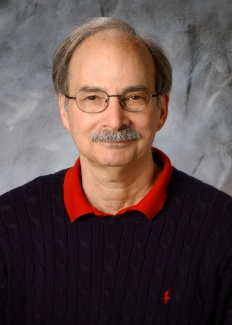Russ Revlin

Research Professor, Associate Professor Emeritus
Research Area
Cognition, Perception, and Cognitive Neuroscience
Biography
In 1966, while browsing the book shelves at UCLA, where he worked at the Neuropsychiatric Institute, Dr. Revlin came upon a symposium on problem solving held at the then Carnegie Institute of Technology. After reading these early papers in Cognitive Psychology, he was determined to work in this new area. The following year he was a graduate student at Carnegie. After receiving his MA and Ph.D. there and a postdoc at Stanford he found his way to CSU Fullerton and finally to UC Santa Barbara in 1975, where he has been active in a full range of endeavors. Inside the laboratory he does basic research on human reasoning; outside the lab, in local schools, he has developed computer-aided instruction for non-native speaker of English, and at the UC system level he chaired a Board that sets admissions requirements for all campuses. Dr. Revlin is a member of the Psychonomic Society and the Cognitive Science Society.
Research
Dr. Revlin studies human reasoning in its many facets including deductive reasoning and natural language understanding. His research focuses on how people reason about hypothetical situations by imagining a “possible world” that they have never before experienced. This research is framed within a theory of human inference that presumes that people are rational processors of information and that it is possible to develop models of human thought to predict the decisions people will reach in both laboratory and everyday settings.
Selected Publications
Revlin, R. & Hegarty, M. (1999). Resolving signals to cohesion: Two models of bridging inference. Discourse Processes, 27, 77-102
Revlin, R. (2001). The psychology of logic and cognition. International Encyclopedia of the Social and Behavioral Sciences. Oxford, U.K.: Elsevier Sciences.
Revlin, R., Cate, C., & Rouss, T. (2001). Reasoning Counterfactually: Combining and rending. Memory & Cognition, 29, 1196-1208.
Revlin, R., Calvillo, D. P., & Mautone, P. (2003). Counterfactual reasoning: How to organize a possible world. Proceedings of Cognitive Science Conference (in press).


